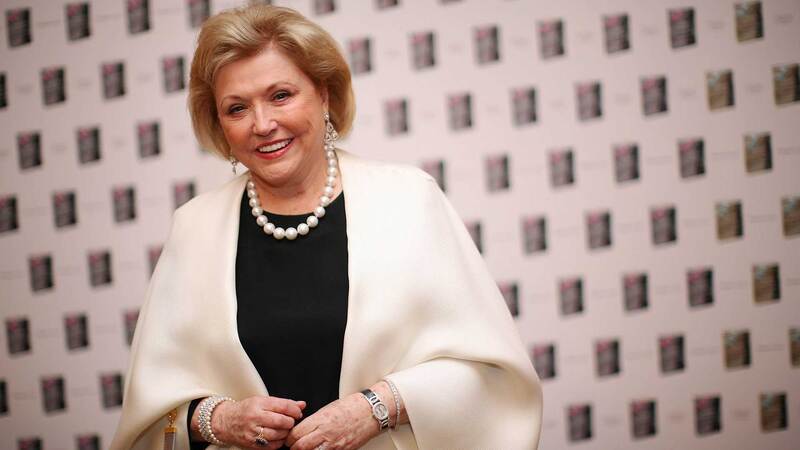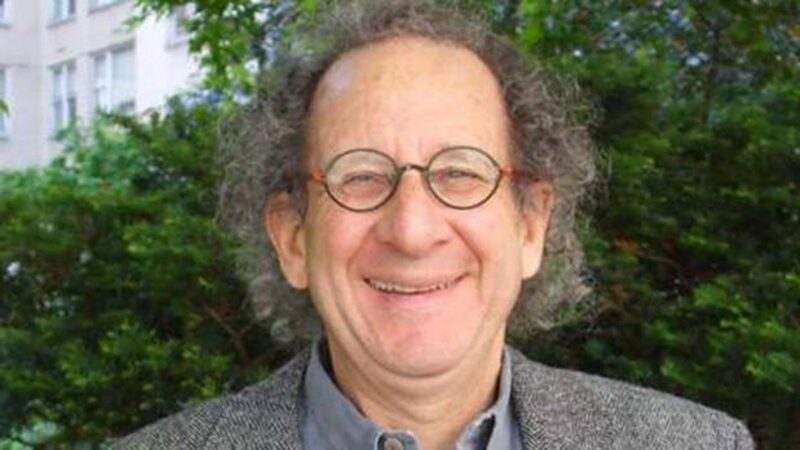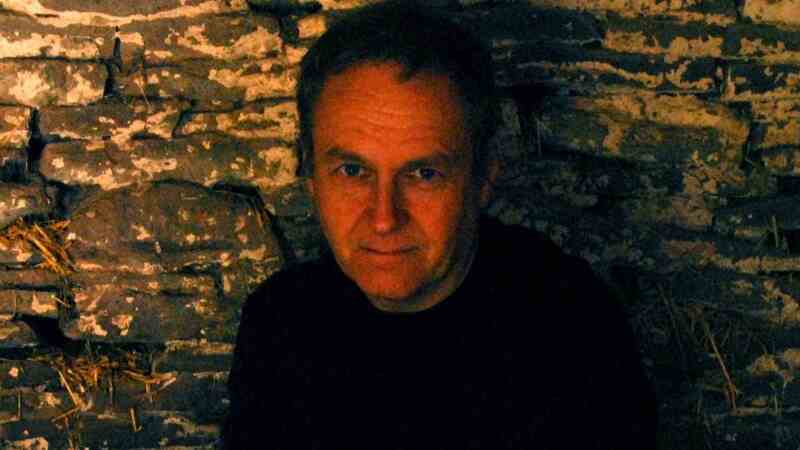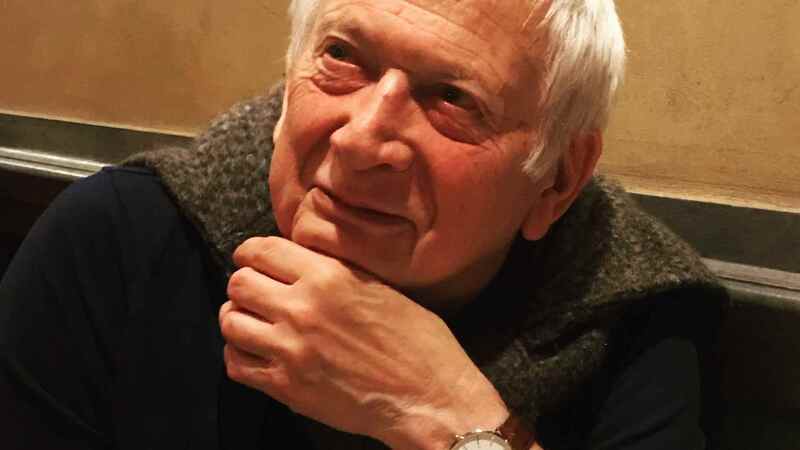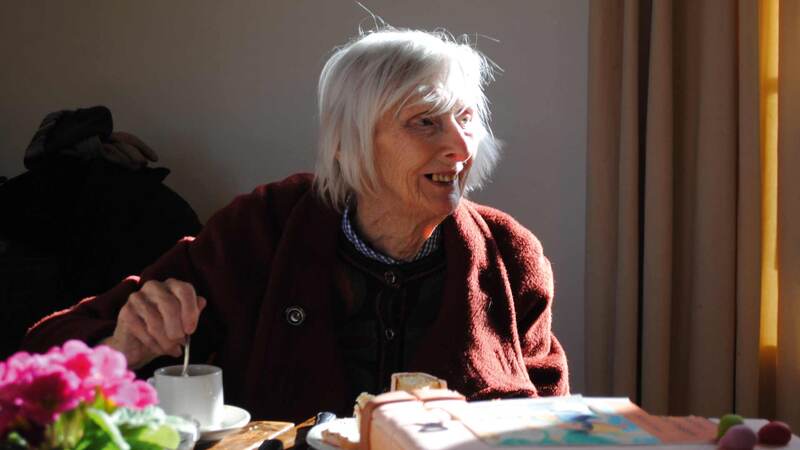You are viewing your 1 free article this month. Login to read more articles.
Obituary: Steve Rubin
Agent Clare Alexander, chair of Aitken Alexander Associates, remembers her friend the publisher Steve Rubin.
Obituary: Steve Rubin
Born 10th November 1941. Died 13th October 2023
The many obituaries for Steve Rubin attest to a man Simon & Schuster c.e.o. Jon Karp described as “the quintessential hit maker of the book world”. Arguably the most successful commercial publisher of his generation, although Steve’s passion for bestsellers and classical music was noted, none captured his special love affair with the UK, and we with him.
Along with bestsellers such as John Grisham, Dan Brown, Michael Wolff and Bill O’Reilly, Steve’s unbounded enthusiasm embraced the British authors he published, including Sally Beauman (the first novel he bought at Bantam was Destiny), Sebastian Faulks (who followed him from Doubleday to Holt), Mark Haddon (with Bill Thomas as editor, Doubleday made The Curious Incident a major bestseller) and Hilary Mantel’s great trilogy. And most of these authors became personal friends.
The love affair for this self-described “faux Brit” began in the mid-90s when—then head of Doubleday in the US—Steve was dispatched to the UK as chairman of Transworld as a consolation prize for losing Anchor. Steve and his wife, Cynthia, moved into a flat in Belgravia.
This consummate host began to collect around himself a group of British publishers and agents who frequently came to dinner, including his close friend Patrick Janson-Smith (there were many outrageous tales of their shared gym sessions), Anne-Louise Fisher, Gill Coleridge, Robin Baird-Smith, Bill Scott-Kerr, Ursula Mackenzie, Mark Lucas, Vicky Barnsley , Georgina Capel and many more. Steve also remained close to friends’ partners such as Marika Cobbold and Mark Barty-King’s widow, Marilyn. He declared the British “not cold but reserved” and his friendship, once given, was lifelong, including with me, my husband Guill and my family.
After three years, Steve was called back to run Doubleday, outdoing his previous tenure with a raft of hits, most notably The Da Vinci Code. Taking an author of a couple of unsuccessful books and making him an international phenomenon was the best demonstration of Steve’s particular skills at masterminding a successful publication, although he didn’t like people regarding it as his defining moment, predicting wryly that the headline when he died would read “Publisher of The Da Vinci Code dies” (he was correct—it was the headline in USA Today, A P News and the Independent).
This book also led to another British sojourn as a witness in the court case against Dan Brown in 2006. Steve relished the British rituals of a High Court trial, and the bewigged lawyers, especially their barrister who never touched a drop of alcohol (anathema to oenophile Steve) but who appeared to be fuelled by green tea.
American opera-going friends noted that Steve began to refer to “the interval” rather than “the intermission”. Other Britishisms entered his vocabulary alongside smatterings of German learnt at Bertelsmann conferences and snatches of Italian opera. New close British friendships made in this period included David Young (who was running Little Brown in the US at the time) and through their shared close friendship with Ed Victor (always Eddy to Steve), Gail Rebuck joined the party.
Steve delighted in spending that most American of celebrations, Thanksgiving, in London, hoping to teach us Brits the delights of turkey and pumpkin pie. Not that he cooked. Just as in America he had a team of devoted drivers and housekeepers, on both sides of the Atlantic he had wonderful caterers with whom he enjoyed planning the minutiae of the menus for the many parties he hosted on Long Island, in his magnificent apartment in New York and in the flat he bought in Kensington a decade ago.
This much-loved flat was a family affair: found for him by Sebastian Faulks’ sister-in-law, it was decorated by Sebastian’s wife Veronica together with my sister. Steve and I had fun hunting for antique furniture. The flat was soon filled with beautiful pieces, and he said he felt more at home there than anywhere else.
Always up for a new challenge, in semi-retirement Steve wrote his memoir, Words and Music. Reading it was like sitting down over a glass of wine as he recounted things exactly as he saw them. He’d been a journalist before he became a publisher and still loved writing. He was planning a book about his love of the tenor voice.
Steve continued to criss-cross the Atlantic, and in between there were frequent calls. A wise counsel, a generous friend, the most loyal of men, Steve’s many British friends will miss him hugely. None more so than me. We used to speak several times a week, and unfailingly on a Sunday evening. His sign off was always, “We’ll stay in constant touch”. The phone no longer rings.





